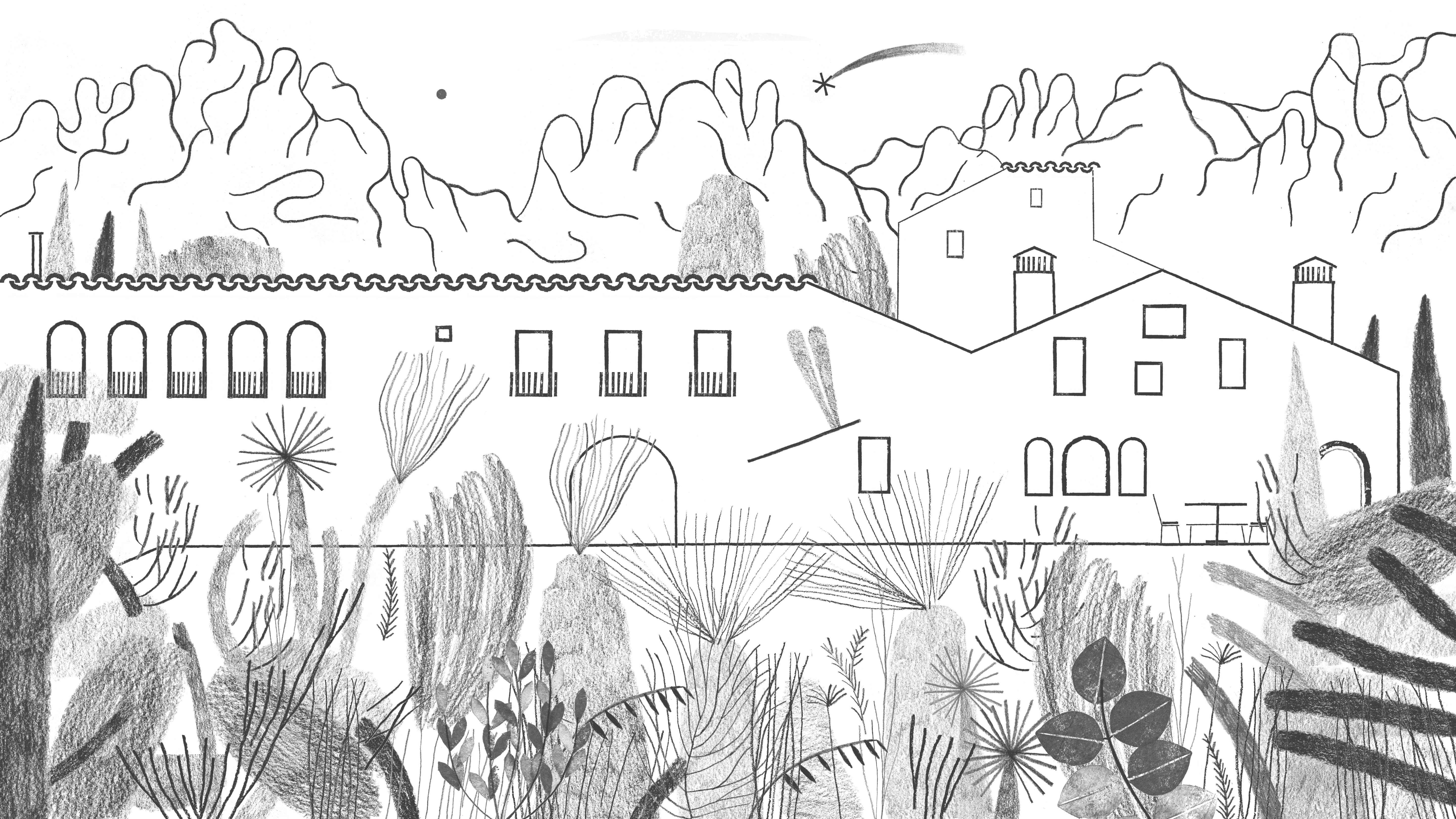‘In four Sunday-afternoon sessions over the course of November at Can Serrat, we set out to test and verify a bold and untried hypothesis: that to read a text is, in essence, to translate, counter translate and retranslate that text. That would mean that the robust use of a text — really reading it — would be to bring it quite literally into life and words in a different language. With a group of a dozen or so users-translators, we set about translating into Catalan and Spanish Toward a Lexicon of Usership — a short theoretical book in the form of a lexicon, seeking to tease out the implications for art, knowledge and political action of the increasing importance of usership as an aesthetic and political-economic category, which makes the claim that usership transcends the opposition between consumption and production, for it is both (and neither) at once — merely by carefully reading it together. None (or few) of us were expert translators; none had the time to actually translate a book, but that was just the point: the desire to read works together, allowed a translation (in fact, two translations) to emerge without work actually taking place! Although the translation is still to be finished and polished, at least two lessons can already be drawn: we have begun to develop a vocabulary to speak about the creation of value, meaning and content without work; and we have pointed to a possible horizon beyond work —kind of like Google, but without the extraction of surplus value!
We still haven’t finished the translations; nor, hence, have we entirely proven the hypothesis; so there are further sessions planned in January and perhaps beyond at other, like-minded spaces in Catalonia. But if the following bit of user feedback from one of the users / translators is to be believed, we have correctly identified collective translatorship as an instance of Using-It-Together (UIT) — a production of a commons, as well as of a useful conceptual vocabulary.:
During the collaborative translation experience, authorship and the usual, speedy rhythms of production and consumption that characterize the translation industry have been sacrificed for the sake of slowness and collaborative work. It is something very unusual. Participants have argued and laughed (which doesn’t mean that they didn’t take it seriously) about the contents expressed in the source text as well as their possible translations. I guess these means that pleasure and well-being have also been involved in the process and I would say this positively contributes to the understanding and digesting of the source text. In my opinion, to translate on this way makes a lot of sense in relation to the contents expressed in Towards a Lexicon of Usership. Moreover, it is also connected to the Slow Language Movement premises that some authors of the Translation Studies discipline have very recently begun to claim.
Over the coming months, beginning in mid-January, we will pursue these open wiki-translation laboratories in different formats and sites, opening them to different userships, but at the same time relying on a core group of committed users, who have been engaged since the beginning and may be asked to oversee the final version, which is to be published both digitally and in a paper edition in the Spring of 2018.
Toward a Lexicon of Usership was initially published in English in late 2013; it has subsequently been translated (professionally) into a half-dozen languages. A readership definitely exists for the work in Catalan and Spanish, and nothing suggests that a collectively translated version will be of any lesser quality. On the contrary, it may point to the becoming-translation of reading itself, as a highly fruitful off-spin of the power of usership in action.
Collaborative writing and translation is in itself a fascinating literary undertaking — indeed some would argue that the next great literary works will be written on a wiki, fulfilling Joyce’s prediction of a hyper-plural subject (which he called Here Comes Everybody). But there is a further reason for undertaking the translation of the Lexicon in the context of alternative Catalonian art spaces. As a lexicon of usership, it seeks to retool and repurpose our conceptual vocabulary to better describe the workings of initiatives based on repurposing (of spaces, of machines, of art itself), usership rather than spectatorship or authorship, using rather than owning… As such it aims to stimulate the conversation that sustains the very spaces hosting the laboratory.’
Stephen Wright


 English
English Catalá
Catalá